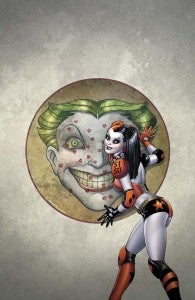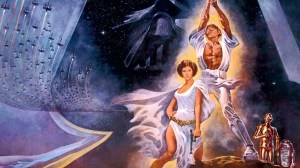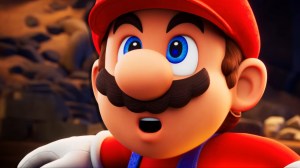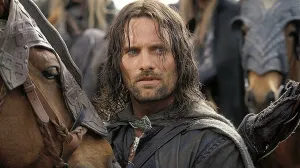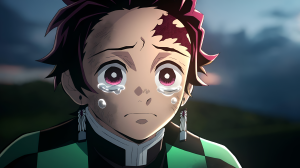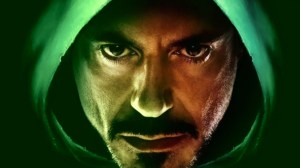DC Comics have issued an apology for the offensive nature of the tryout page that artists were asked to draw for consideration in a contest relating to the publisher’s upcoming Harley Quinn #0.After the American Psychiatric Association, the American Foundation for Suicide Prevention and the National Alliance on Mental Illness released a joint statement accusing DC of “making light of suicide” and being “potentially dangerous” for young readers, the publisher finally broke its official silence on the issue (although co-writer Jimmy Palmiotti had issued a previous statement and DC co-publisher Jim Lee had defended the sequence on Twitter).”The purpose of the talent search was to allow new artists an opportunity to draw a single page of a 20-page story,” DC wrote in a statement released Thursday. “True to the nature of the character, the entire story is cartoony and over-the-top in tone, as Harley Quinn breaks the 4th Wall and satirizes the very scenes she appears in. DC Entertainment sincerely apologizes to anyone who may have found the page synopsis offensive and for not clearly providing the entire context of the scene within the full scope of the story.”Following on the heels of DC taking the brunt of the blame for J.H. Williams III and Haden Blackman’s departure from Batwoman due to editorial conflicts with the publisher, the Harley Quinn story seemed to take on a life of its own; there were a number of distinct groups upset about the page, which some claimed sexualized violence and some were concerned trivialized suicide. The page featured four panels of Harley in a fantasy sequence, apparently trying to kill herself in over-the-top and comical ways, such as strapping raw chicken to her body and hassling alligators or, in the final panel, preparing to unleash a mountain of electronics into the bathtub with her.DC’s creators and supporters noted that Harley’s dream sequence was similar to a Looney Tunes cartoon and that it wasn’t really “suicide” since the kind of violence being depicted was played for laughs and would have no consequences. They also said that being naked in the bathtub was really pretty standard and not meant to sexualize the character or the scene.As in the case of the Batwoman flap (which was frequently presented in the media as being about gay marriage), the Harley Quinn controversy proved popular with the non-comics press, expanding the size and duration of the debate beyond the couple of days of angry fan tweets that usually accompany such a thing.As originally published, this article erroneously attributed DC with making the statement on Friday, not Thursday. We apologize for the error.

